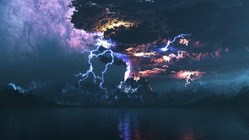
I like writing fantasy, and you must too if you’re reading this. That’s why I started this series, but I’ll say right now, there’s no way it can ever be complete.
There are quite a few little things that I’ll miss when I do this series, and some have already been pointed out to me.
- How about magic? That’s a pretty big part of most worlds.
- Weather is another that can really do some damage to characters and stories. How will it play out in your fantasy realm?
- What about monsters or creatures? You could have a whole menagerie that doesn’t even appear in the D&D Monster Manual!
Mainly with elements you’re thinking of the little things, I think. These are often the big things too.
- What are the physical laws? Do objects stay down with gravity? That’s pretty easy and you don’t think about that – unless you’re writing sci-fi, perhaps – but other laws you might want to consider.
- Do the planets and astrology and things like the moon have any affect on your world? We could be meandering into fantasy world religion here, but it’s something to think about. If I had ships in my book, I’d consider if the world was flat or not.
- How about the environment? Are trees being cut down at an alarming rate to fuel some pre-industrial world, or is it a hard-scrabble lifestyle that doesn’t leave much room for such earthly contemplations?
We can get into money when we talk about economics in a later post, but it’s good to think about these things.
It’s easy to put a group of city watchmen in the path of your heroes, or villains, and mow them down. The same is true for that group of stone giants or trolls.
Those “unimportant” characters have families too, and if you do manage to get up to a Book 7 or 8, consider having a young waster of life and limb come at your heroes. After all, they killed daddy when he was almost done with his shift, and just before junior’s birthday.
So these are all things to consider when you’re writing fantasy fiction and epic fantasy fiction. After all, what makes those books so epic is their length, and the small print.
Hey, these books get so long because they go off on tangents and explore the peculiarities and complexities of a fantasy world to its fullest.
And that can annoy readers. I have a fine collection of 1-star and 2-star reviews on my epic fantasy perma-free book, and many complain of how boring it is. When you create a detailed world, you’re apt to explore it. And that can sidetrack story and hinder your ability to finish your tale. Many books are lost in that uncharted territory, and would-be authors never attain their dreams.
So discipline is key, and that’s another element to consider in your fantasy world – discipline. What happens when your characters mow down that group of city watchmen or that gaggle of trolls? Surely at least some laws of nature or man are broken…what are the consequences – a half-assed chase or some pats on the back?
What makes a fantasy book epic, perhaps it’s time to ask. It’s tough to figure out, but we’ll try as this series unfolds.
Of course, doing this is kind of skirting responsibility, putting off for tomorrow what should be done today. And God do I love to do that.
How many times have you read through your book and thought, ‘man, that’s just not working’ or ‘I should change that?’ But then you don’t.
I guess that’s what editors are for, but those things you skip over become elements of your fantasy world too. After all, readers read them and they remember them. You told them to come look at your world after all, right when you told them to buy the book…about half a million times.
These are all things to think about, and I hope they can get you through another chapter of that fantasy manuscript. I’ve put out a lot of fantasy books and fantasy-style books, so I know what you’re going through. Just keep doing a little each day and you’ll get there!


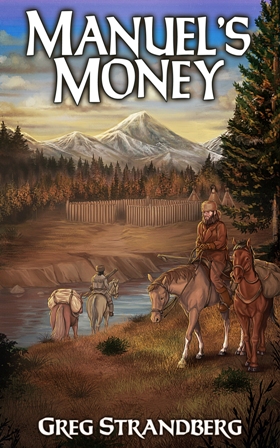
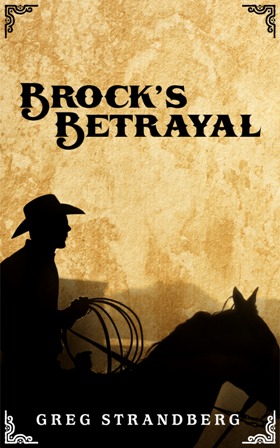
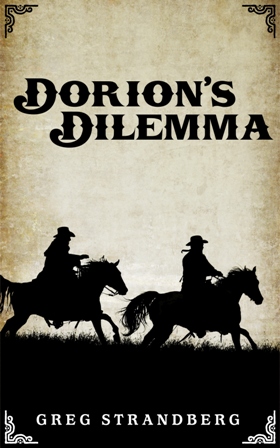
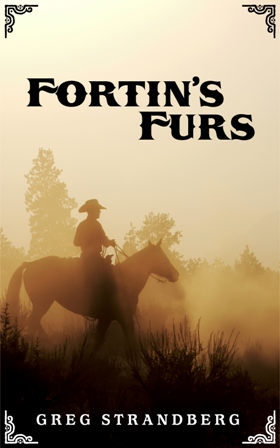
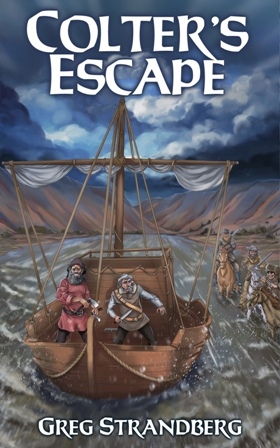
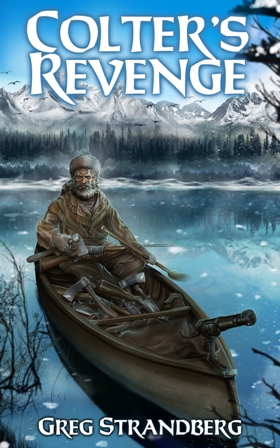
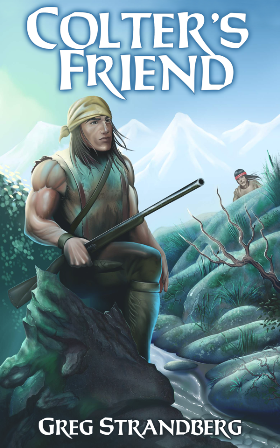
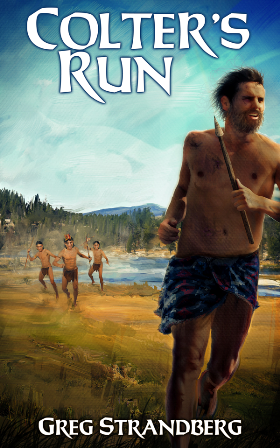
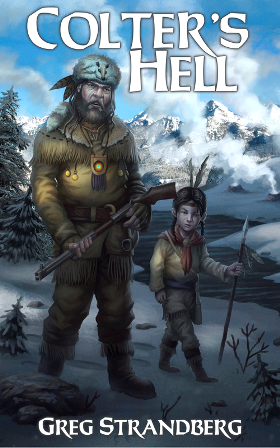
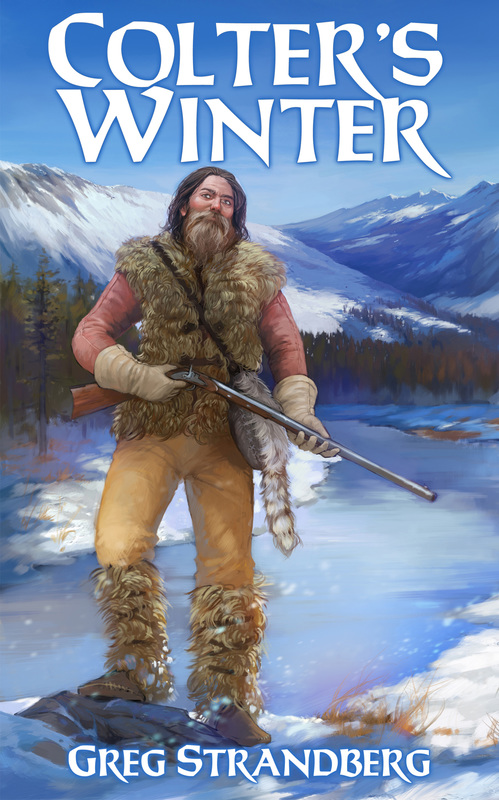
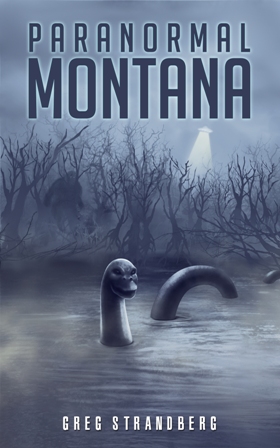
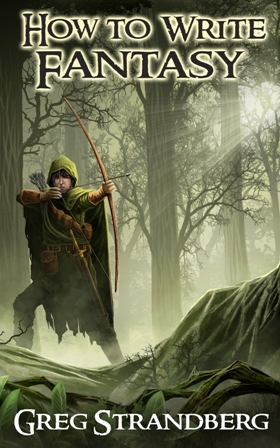

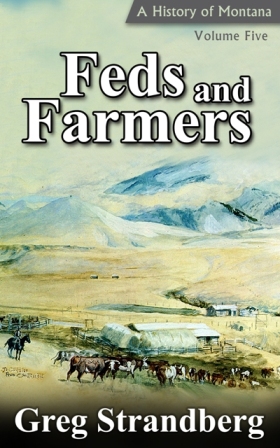
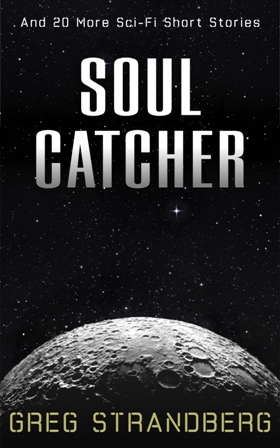
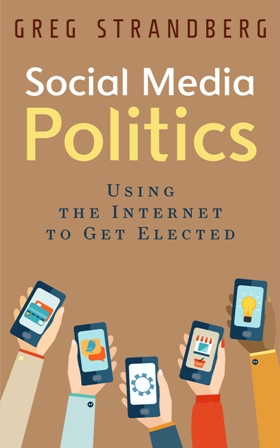


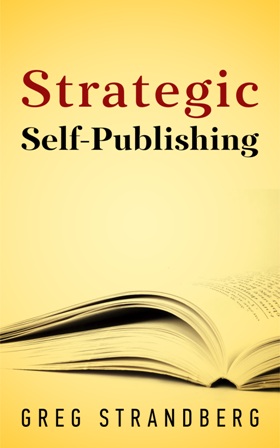
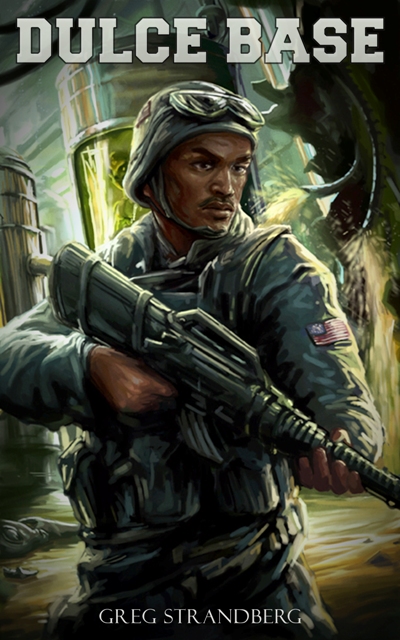
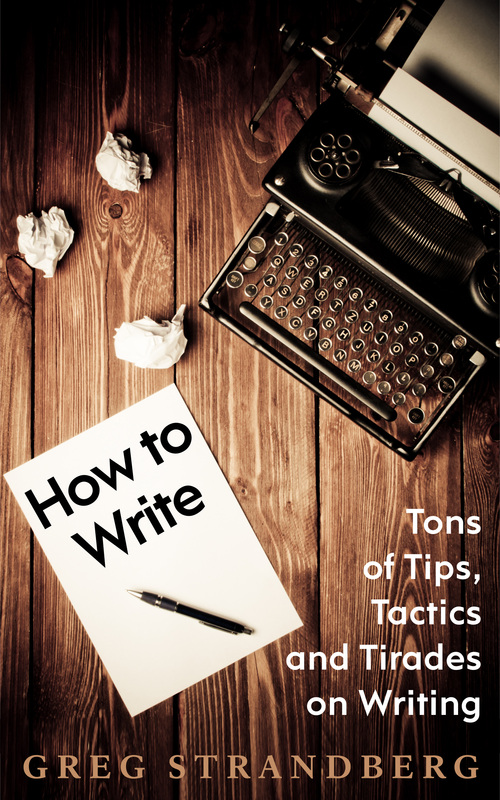
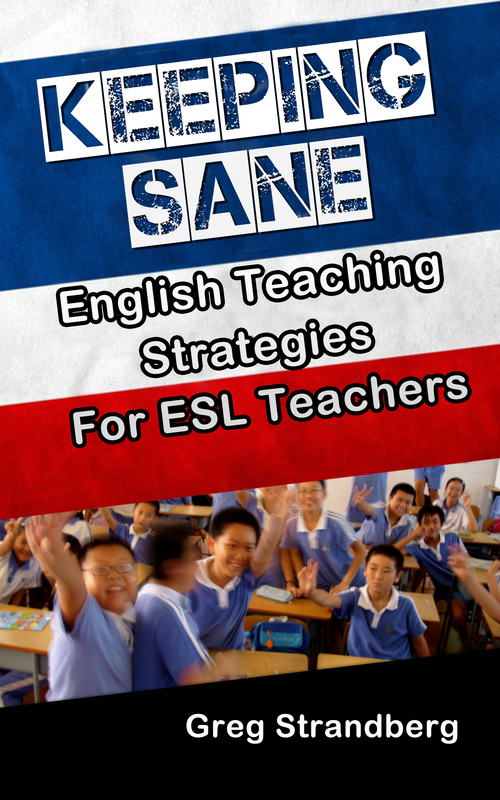
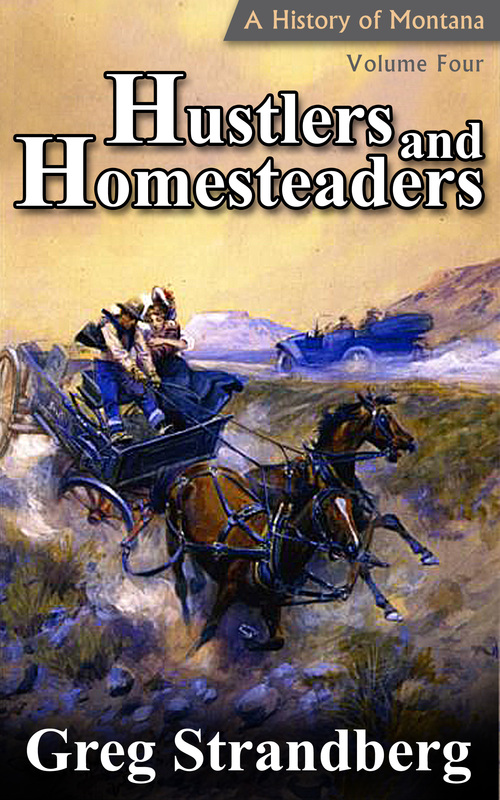
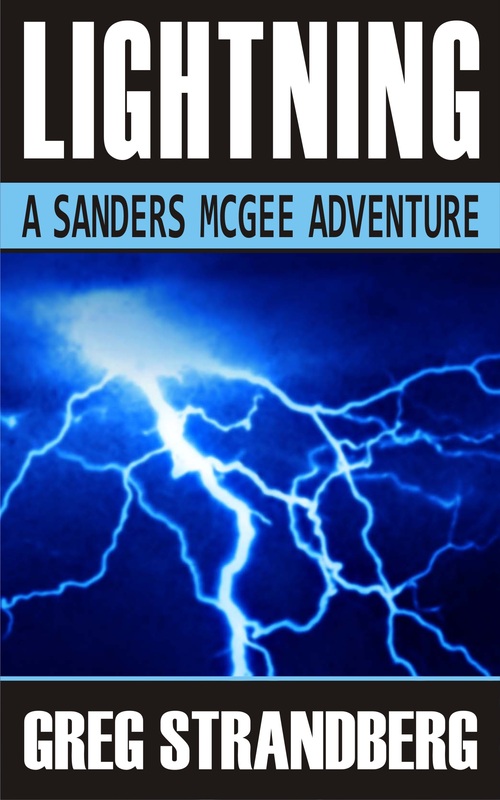
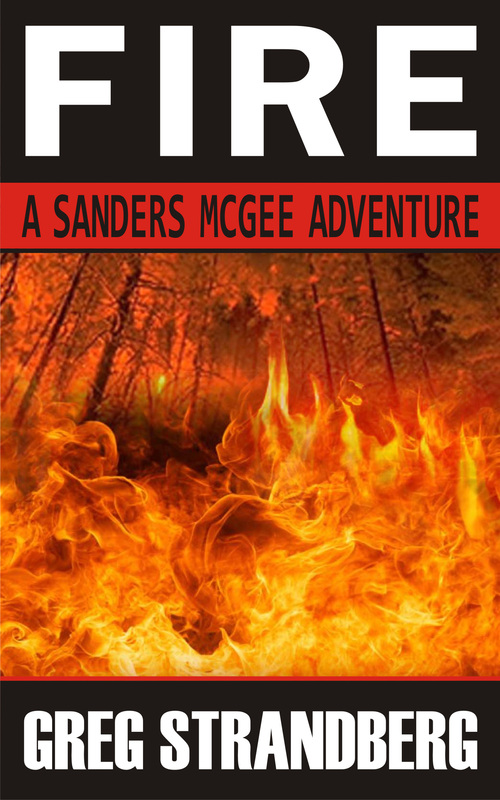
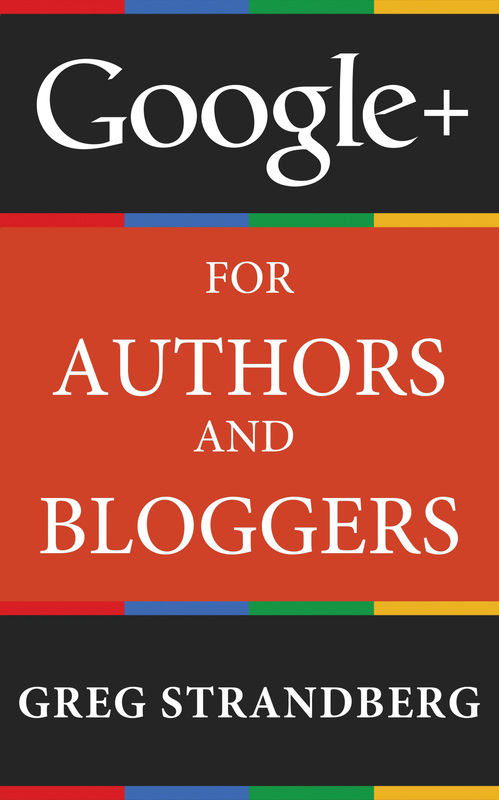
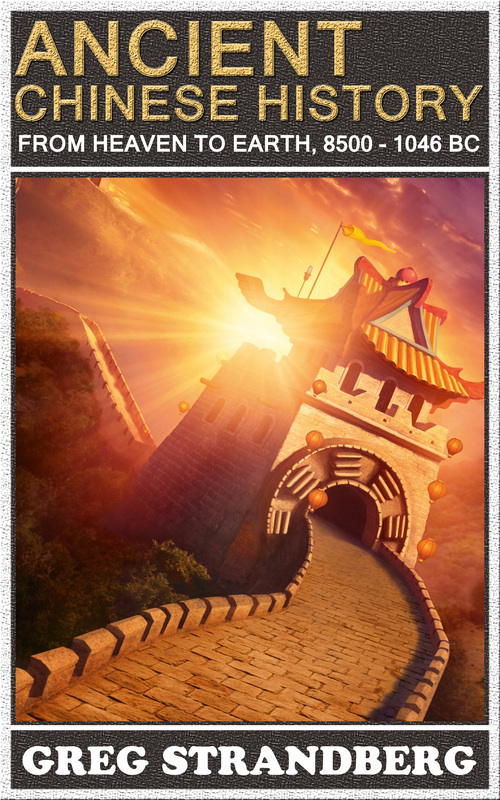



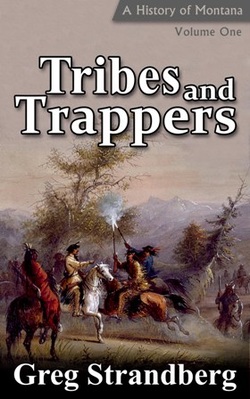
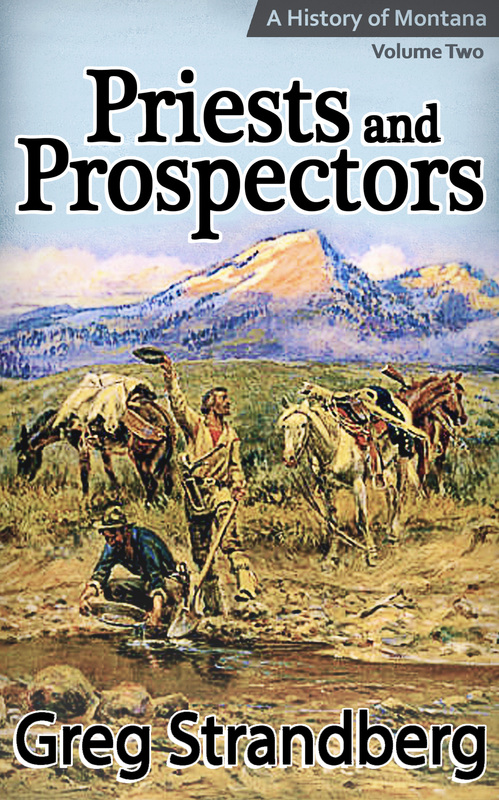
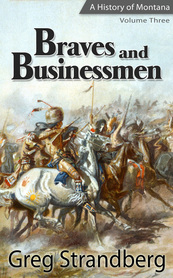
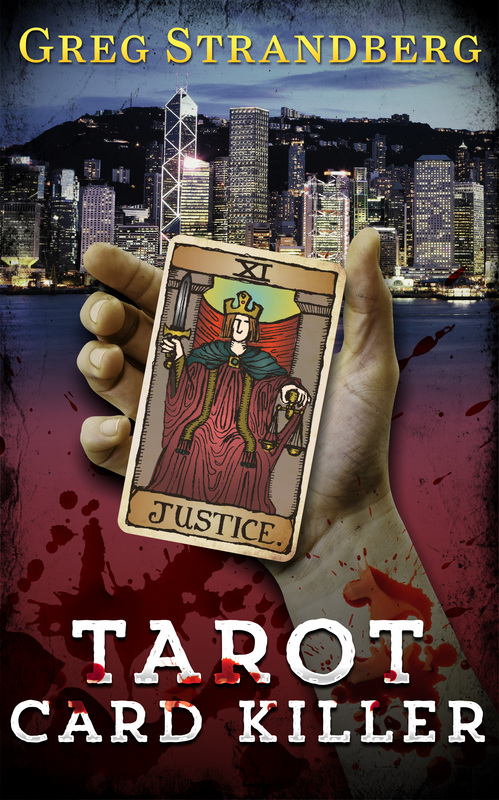
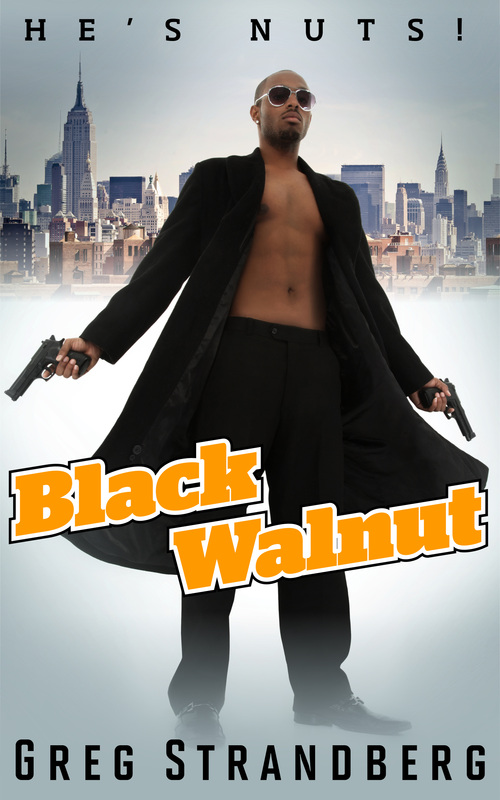
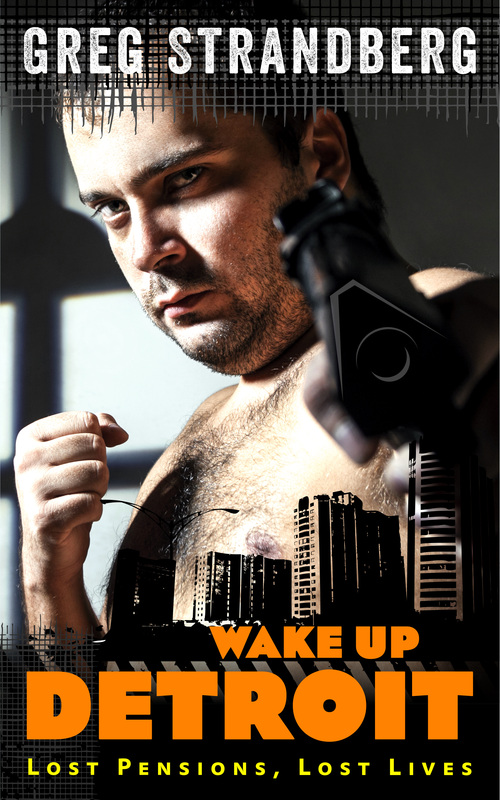
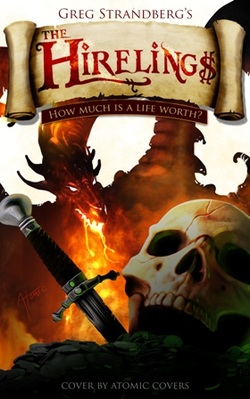
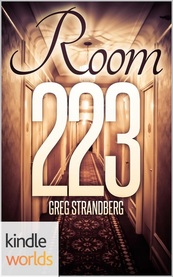
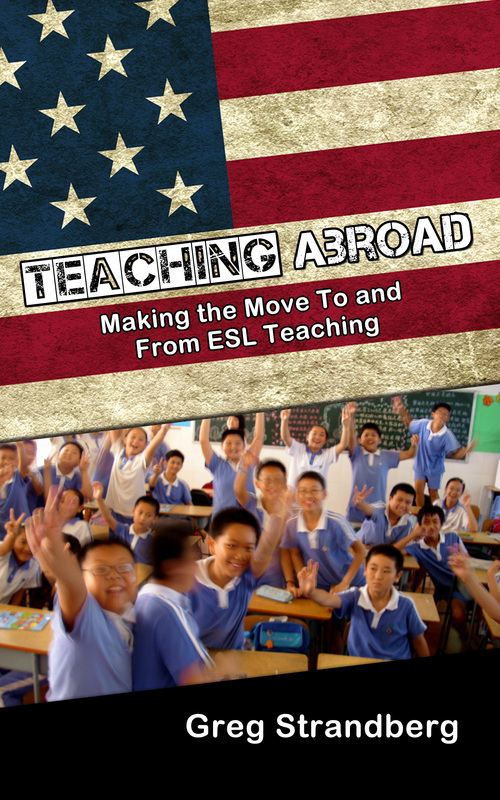
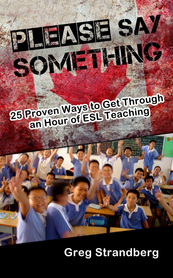

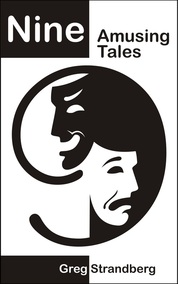
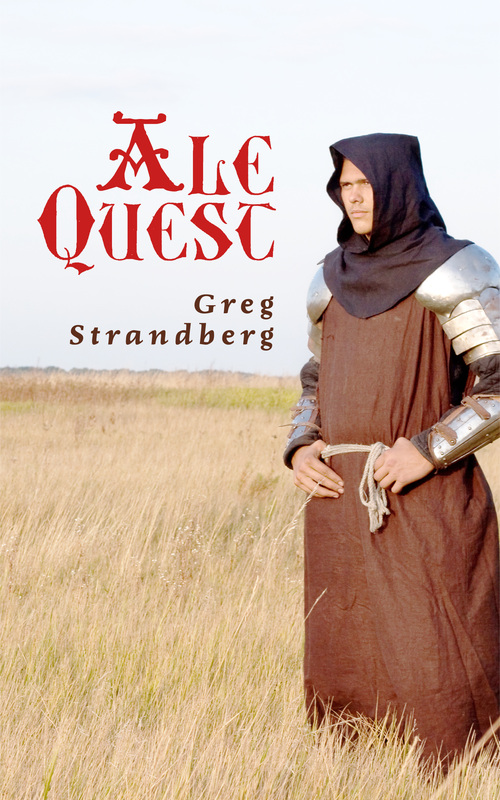
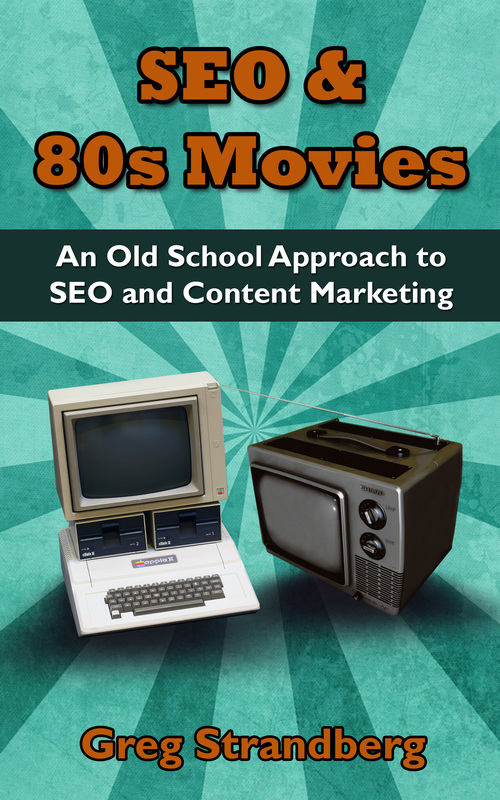
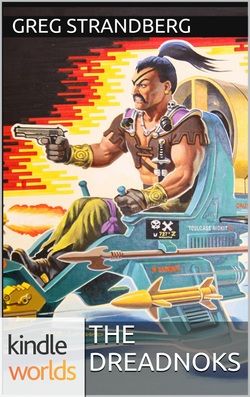
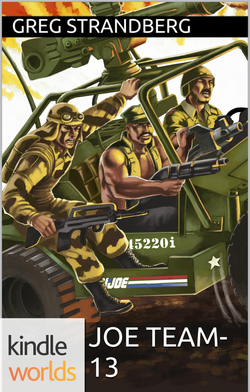
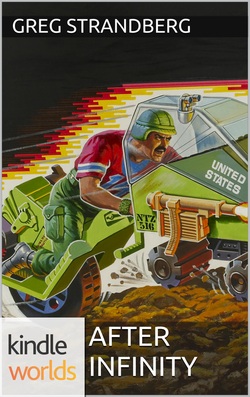
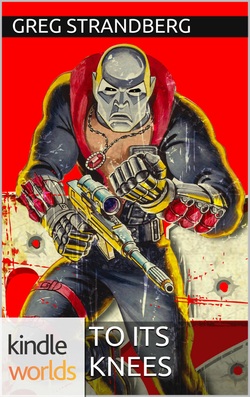
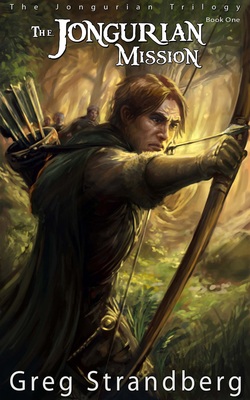
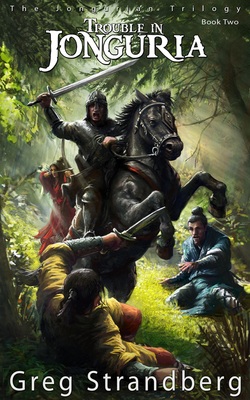
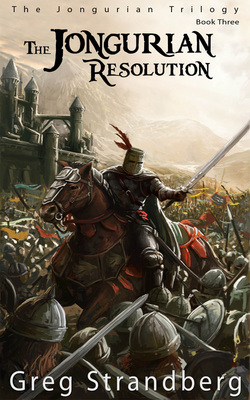
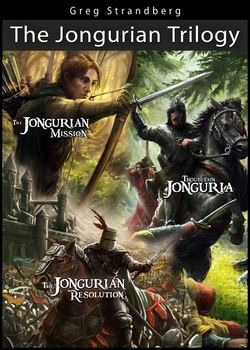
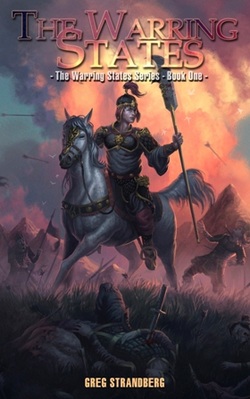
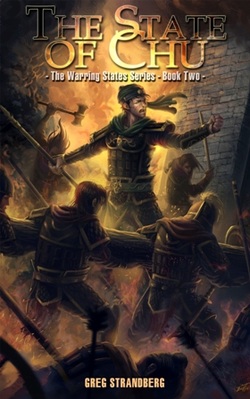
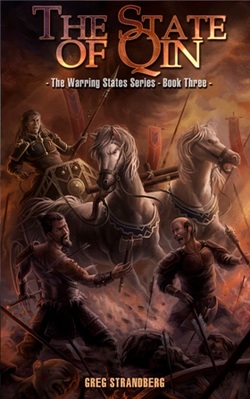
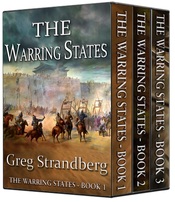
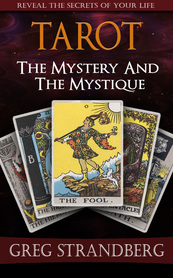
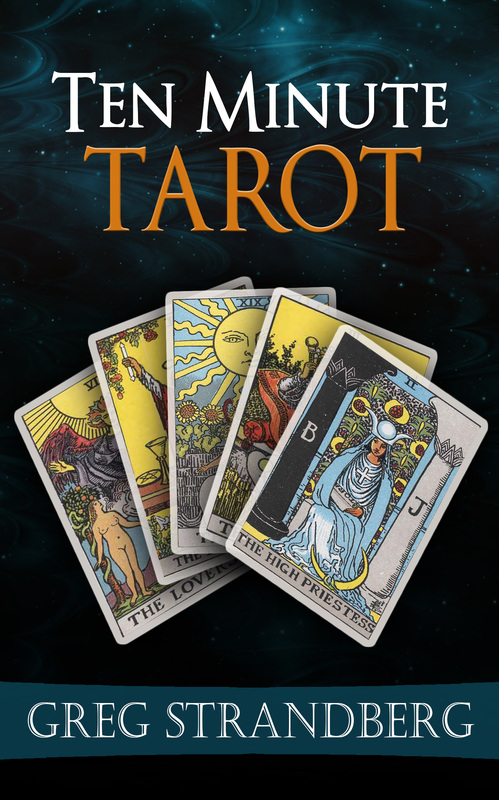
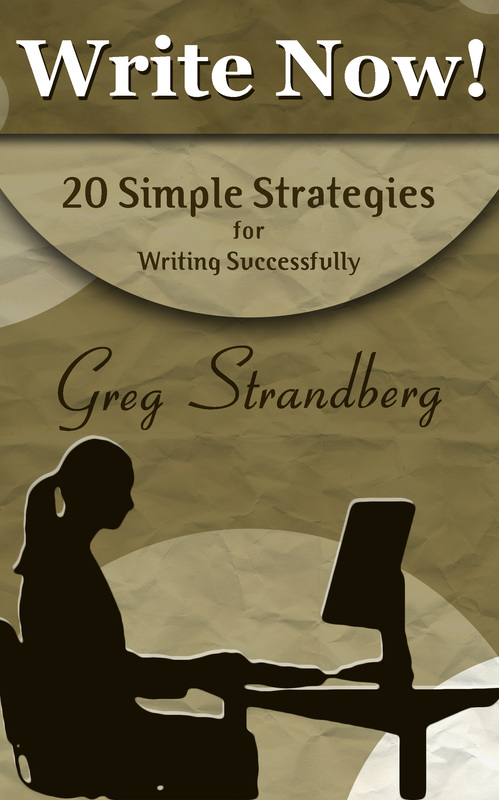
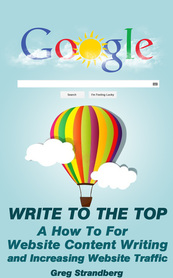

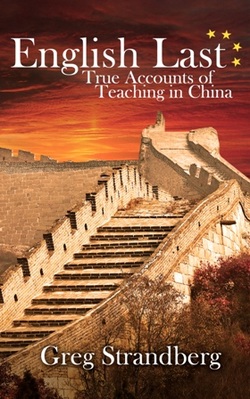
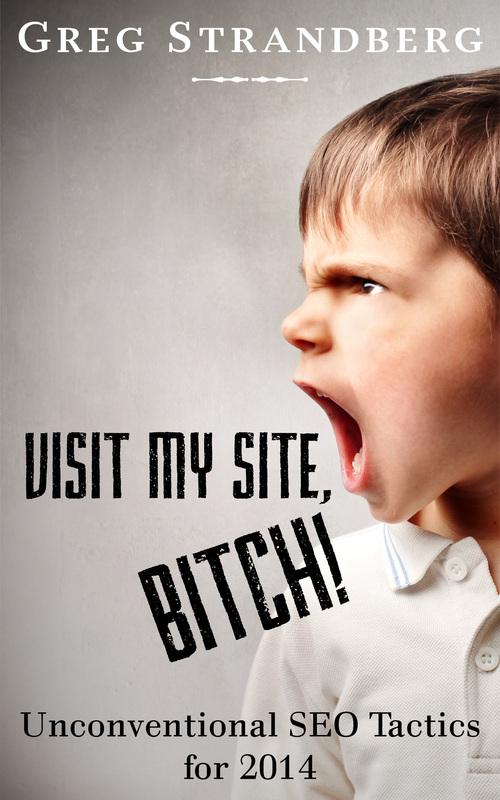







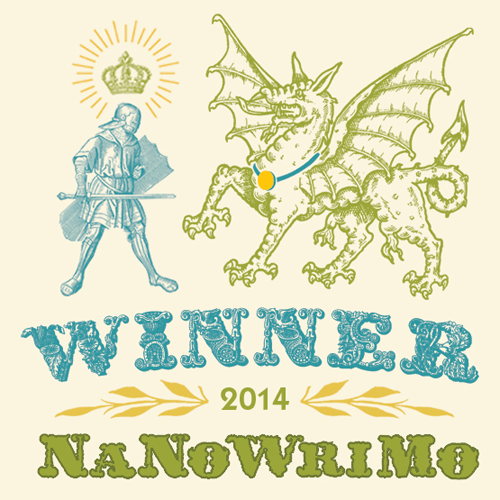
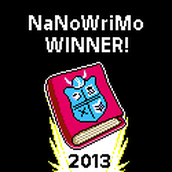
 RSS Feed
RSS Feed